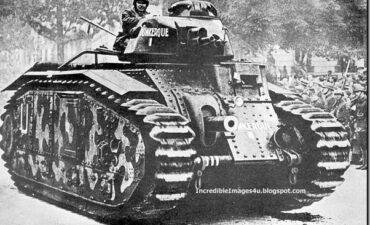Why did the early powerful Arab empires fail in conquering France? The Battle of Tours was the nail in the coffin, a bloody full stop to the Arab dream of swallowing Europe whole. In 732 AD, the Frankish hammer, wielded by, Charles Martel, met the Islamic anvil. Blood and guts splattered across the fields of Gaul, a gruesome testament to the clash of civilizations. The Arabs, fresh off a century of lightning-fast conquests, were riding high on a wave of religious fervor and military might. They’d galloped across North Africa, devoured Spain, and were sniffing at the soft underbelly of France.
But Tours wasn’t just a battle; it was a fucking brawl, a savage contest of steel and sinew. The Franks, a ragtag bunch of beer-swilling barbarians, stood their ground. Martel, a cunning hardhead with a knack for warfare, outmaneuvered the Arab cavalry.
It was a slaughterhouse, a festival of death, and when the dust settled, the Arab dream lay gutted on the battlefield. But why did the Arabs, with their superior numbers and military prowess, fail to conquer France? Some say it was the weather, the rain turning the battlefield into a muddy quagmire, slowing down the Arab cavalry. Others whisper of Frankish ferocity, their desperation fueled by a primal fear of the unknown. But the truth, my friend, is a tangled mess of factors.
The Arabs, overconfident and overextended, underestimated the Franks. They were too busy squabbling amongst themselves, their leadership fractured by internal strife. And let’s not forget the Franks had a secret weapon: Martel’s tactical genius and the sheer bloody-mindedness of his men So, the Arabs, with their dreams of a European caliphate, were sent packing. The Battle of Tours wasn’t just a military defeat; it was a psychological blow, a bloody nose that shattered their invincibility. The Franks, a bunch of
drunken louts, had saved Christendom, and Martel, the bastard king, became a legend.








